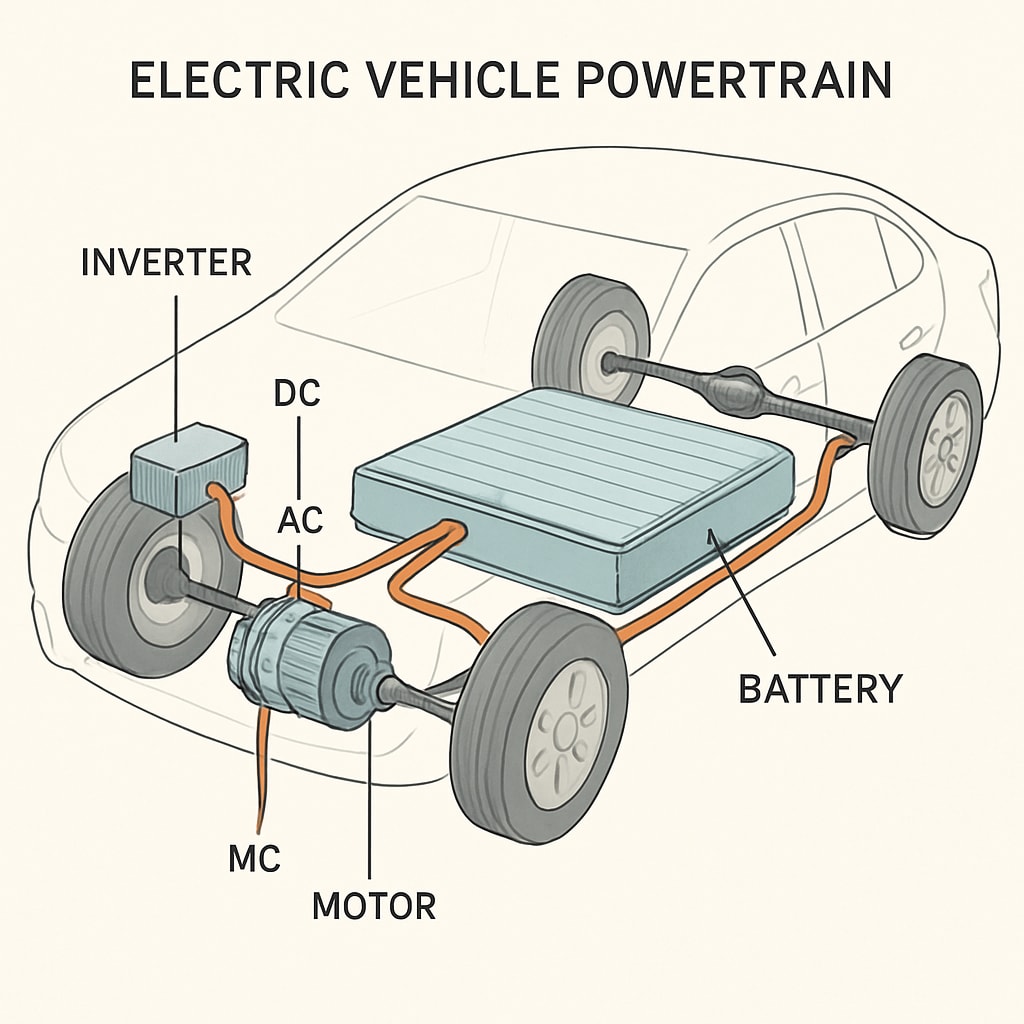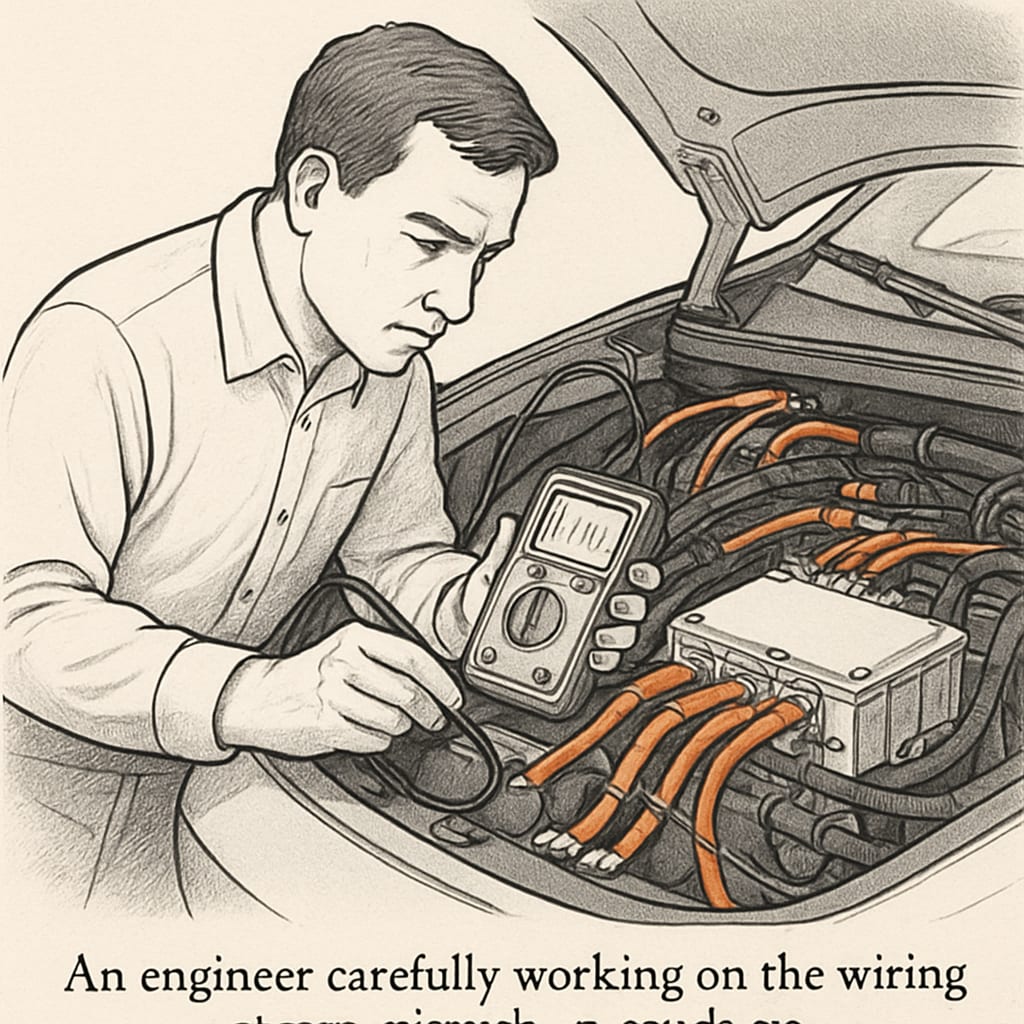The rapid electrification of vehicles has transformed the automotive sector, making “electrical learning, automotive industry, career development” an essential focus for professionals. As traditional mechanical systems give way to advanced electrical and electronic components, mastering electrical concepts can significantly boost career prospects in this evolving landscape. This article examines the strategic importance of electrical learning in the automotive field and offers practical pathways to integrate this knowledge into professional growth.
The Rising Importance of Electrical Knowledge in Automotive Careers
The automotive industry is undergoing a seismic shift towards electrification, driven by environmental regulations and consumer demand for sustainable solutions. Electric vehicles (EVs) and hybrid technology are at the forefront of this transformation. As a result, the demand for engineers and technicians skilled in electrical systems has skyrocketed.
For example, understanding high-voltage battery systems, power electronics, and electric motor design is now critical for professionals in the field. This knowledge not only meets current industry demands but also positions individuals to lead in the development of next-generation automotive technologies.
- High-voltage battery systems: Knowledge of energy storage and management is crucial for EVs.
- Power electronics: Skills in controlling and converting electrical energy are in high demand.
- Electric motor design: Expertise in this area ensures efficient vehicle performance.
In addition, the integration of electrical systems with artificial intelligence and autonomous driving technologies further highlights the need for interdisciplinary expertise. According to a Britannica article on electric cars, the complexity of these systems requires a robust understanding of both electrical and mechanical principles.

Bridging the Gap: How Electrical Learning Enhances Career Opportunities
Professionals with a background in electrical engineering or those who invest time in electrical learning can enjoy a significant competitive advantage. For example, an automotive technician who understands both traditional mechanical systems and modern electrical architectures can offer a broader range of services, making them indispensable to employers.
Here are some practical ways to leverage electrical learning for career advancement:
- Enroll in specialized training: Many institutions offer courses on EV technology and electrical systems.
- Pursue certifications: Credentials such as Certified Electric Vehicle Technician (CEVT) can enhance your resume.
- Engage in hands-on projects: Building or repairing electrical systems provides valuable real-world experience.
- Network with industry professionals: Join forums or attend EV-focused conferences to stay updated on trends.
Furthermore, electrical expertise can open doors to roles beyond traditional automotive jobs, such as positions in renewable energy, smart grid systems, and technology consulting.

Future-Proofing Your Career in the Automotive Industry
As the automotive sector continues to evolve, staying ahead of technological advancements is crucial. Electrical learning equips professionals with the tools they need to adapt to industry changes and seize emerging opportunities. For instance, the rise of autonomous vehicles and connected car technologies presents new roles that blend electrical engineering with data science and cybersecurity.
According to Wikipedia’s entry on autonomous cars, the integration of electrical systems into self-driving technologies is a critical area of development. Engineers who can design and maintain these systems are poised to lead in this innovative field.
In conclusion, electrical learning is not just a skill but a strategic investment in your career. By embracing this interdisciplinary approach, professionals can position themselves as leaders in the automotive industry, ready to tackle the challenges and opportunities of tomorrow.
Readability guidance: Short paragraphs, clear lists, and frequent use of transitions ensure the content is engaging and easy to follow. The focus on actionable advice adds practical value for readers.


